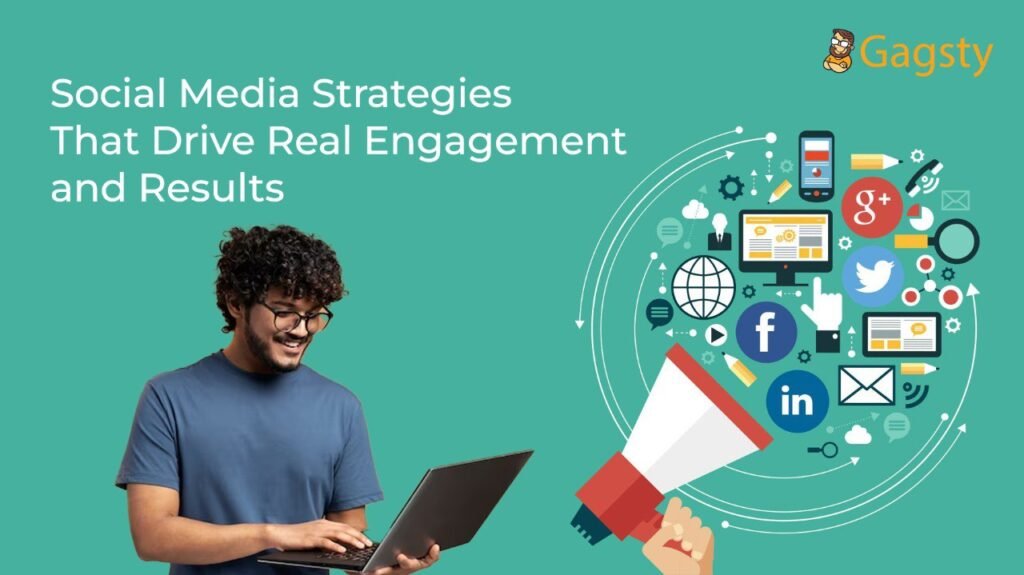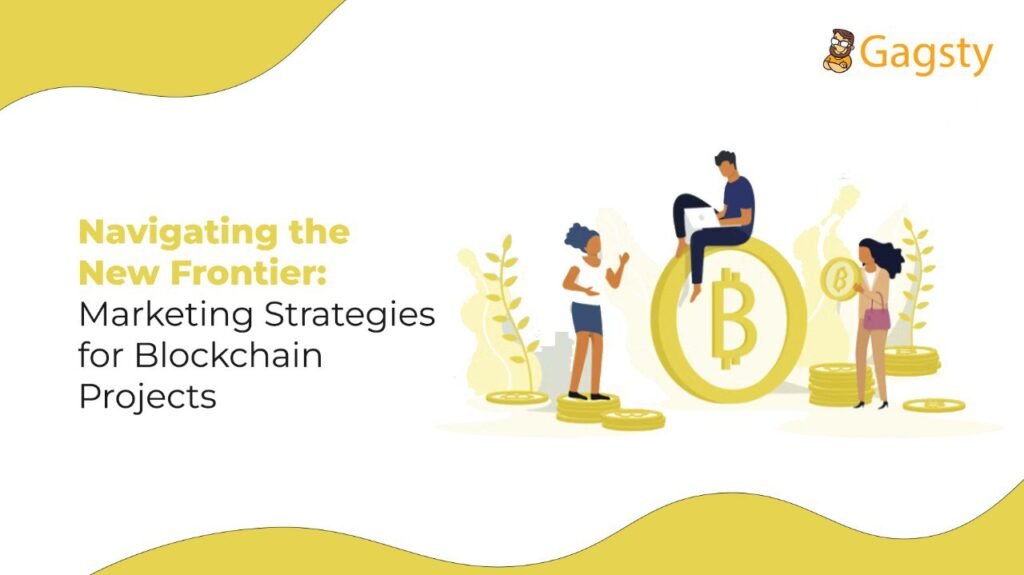Introduction
In today’s digital age, brands have countless opportunities to connect with their audience and build meaningful relationships. While social media platforms like Facebook, Instagram, and Twitter are popular choices for brand promotion, there are other effective ways to engage with customers. In this blog post, we’ll explore why brands need to care about blogging, mailing, or podcasting.
Blogging
Blogging is a powerful tool for brands to showcase their expertise and establish thought leadership. By regularly publishing high-quality blog posts, brands can provide valuable information to their audience, position themselves as industry experts, and attract potential customers. Blogging also helps to improve search engine rankings, as search engines love fresh and relevant content.
Mailing
Email marketing is another essential strategy for brands. By building a mailing list and sending out regular newsletters or updates, brands can directly reach their audience’s inbox. Mailing allows brands to deliver personalized content, exclusive offers, and important updates. It helps to nurture customer relationships, increase brand loyalty, and drive conversions. Additionally, mailing provides valuable data and insights into customer behavior and preferences.
Podcasting
Podcasting has gained immense popularity in recent years, and brands can leverage this medium to connect with their audience on a deeper level. Podcasting allows brands to share their stories, expertise, and insights in an engaging and convenient format. With podcasts, brands can reach a wider audience, establish a loyal following, and create a more personal connection. Podcasting also opens up opportunities for collaborations, guest appearances, and cross-promotion.
Why Brands Need to Care
Now that we’ve discussed the individual benefits of blogging, mailing, and podcasting, let’s understand why brands need to care about these strategies collectively.
1. Diversify Your Content
By incorporating blogging, mailing, and podcasting into your content strategy, you can diversify the type of content you offer to your audience. Some people prefer reading blog posts, while others enjoy listening to podcasts or receiving newsletters. By catering to different preferences, you can reach a wider audience and maximize your brand’s visibility.
2. Build Trust and Credibility
Consistently producing valuable and informative content through blogging, mailing, or podcasting helps to build trust and credibility with your audience. When people see that you are knowledgeable and passionate about your industry, they are more likely to trust your brand and become loyal customers.
3. Increase Organic Traffic
Blogging and podcasting are great ways to improve your search engine rankings and drive organic traffic to your website. By optimizing your blog posts and podcast episodes for relevant keywords, you can attract a steady stream of qualified leads who are actively searching for information related to your industry.
4. Nurture Customer Relationships
Mailing and podcasting provide opportunities to engage with your audience on a regular basis and build stronger relationships. By delivering personalized content and updates directly to their inbox or podcast app, you can stay top-of-mind and create a sense of exclusivity for your subscribers.
5. Stay Ahead of the Competition
While social media platforms are crowded with brand promotions, blogging, mailing, and podcasting offer a more focused and targeted approach. By investing in these strategies, you can differentiate your brand from competitors and establish a unique voice in your industry.
Conclusion
In conclusion, blogging, mailing, and podcasting are powerful tools that brands need to care about. These strategies not only help to establish thought leadership and build trust but also drive organic traffic, nurture customer relationships, and stay ahead of the competition. By incorporating these tactics into your overall marketing strategy, you can effectively engage with your audience and achieve long-term success.






